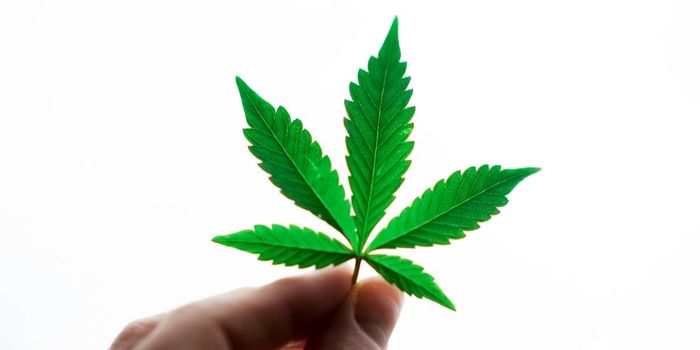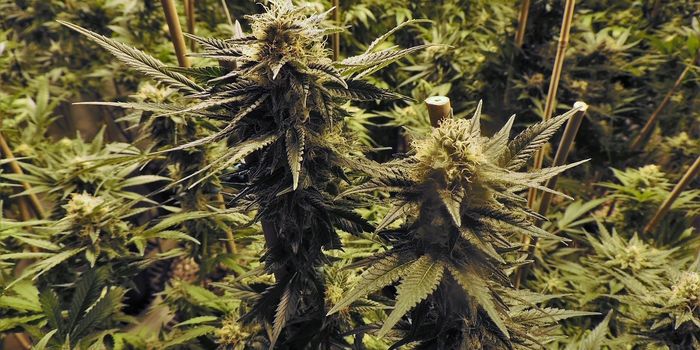CBG Reduces Anxiety in Healthy Individuals

CBG is a non-intoxicating cannabinoid and a precursor to many other phytocannabinoids, such as delta-9-tetrahydrocannabinol, cannabidiol, and cannabichromene. Previous studies have found that the compound may have antibiotic, antifungal, antihypertensive, analgesic, and anti-depressive properties.
In the current study, researchers investigated the effects of CBG on anxiety, stress, and mood in healthy individuals. To do so, they conducted a double-blind, placebo-controlled cross-over trial with 34 healthy adult participants.
Participants were randomly assigned to join either the intervention or control group, where they consumed 20 milligrams of CBG or a placebo for a week and underwent a social stress test, verbal memory test, and a test for assessing motor or cognitive importance. They then switched over to the other testing condition after a wash-out period. The participants provided ratings on their mental health status and subjective drug effects at various time points.
While taking CBG was linked to a significant reduction in the global impression of feelings of anxiety at all time points, it did not affect specific sub-components of anxiety such as state anxiety- the feeling of anxiety in a given moment- or trait anxiety- the general feeling of anxiety.
The researchers further reported that CBG was linked to moderate reductions in stress levels before the stress test, as well as enhanced verbal memory relative to the placebo. Taking CBG was also not linked to motor or cognitive impairment.
While self-reported intoxication, drug effects, and drug-like ratings were similar in both study groups at all time points, the researchers found no beneficial effects for mood status.
Limitations to the study include that the researchers used a non-clinical sample of cannabis users and that they were given a relatively modest dose of CBG with early timing of assessments. Another limitation is that the study was also conducted on experienced cannabis users, potentially reducing its applicability to those who have not used the substance before.
Sources: News-Medical.net, Scientific Reports








